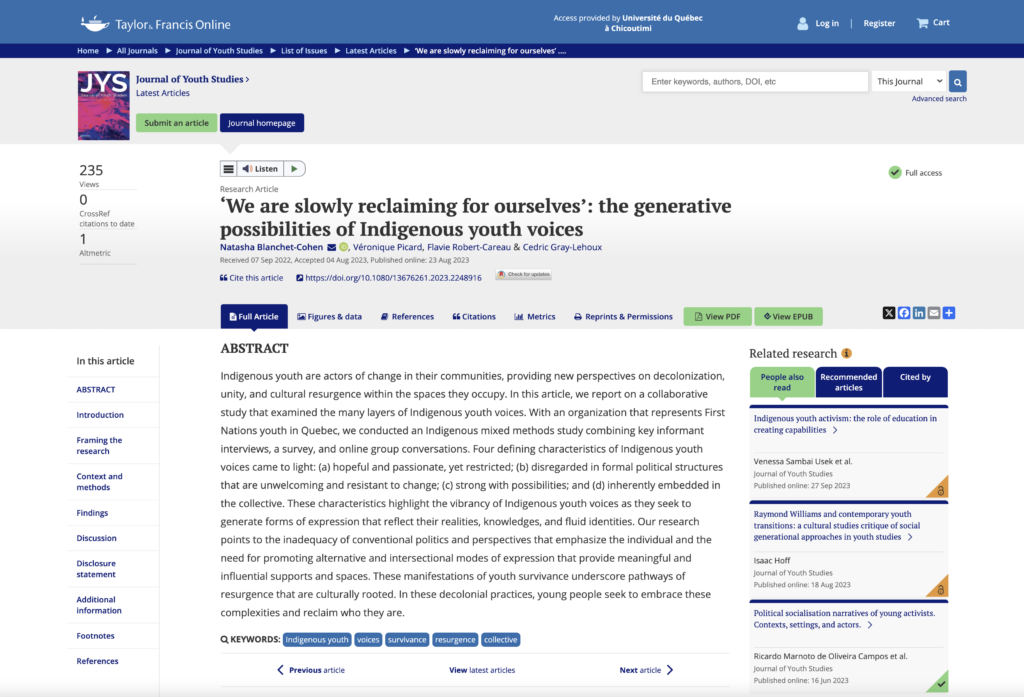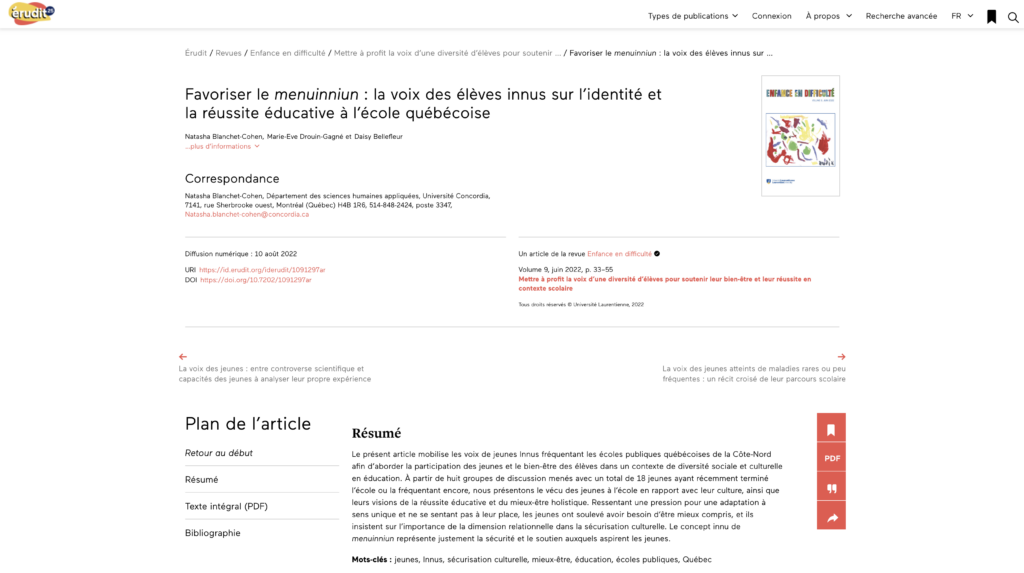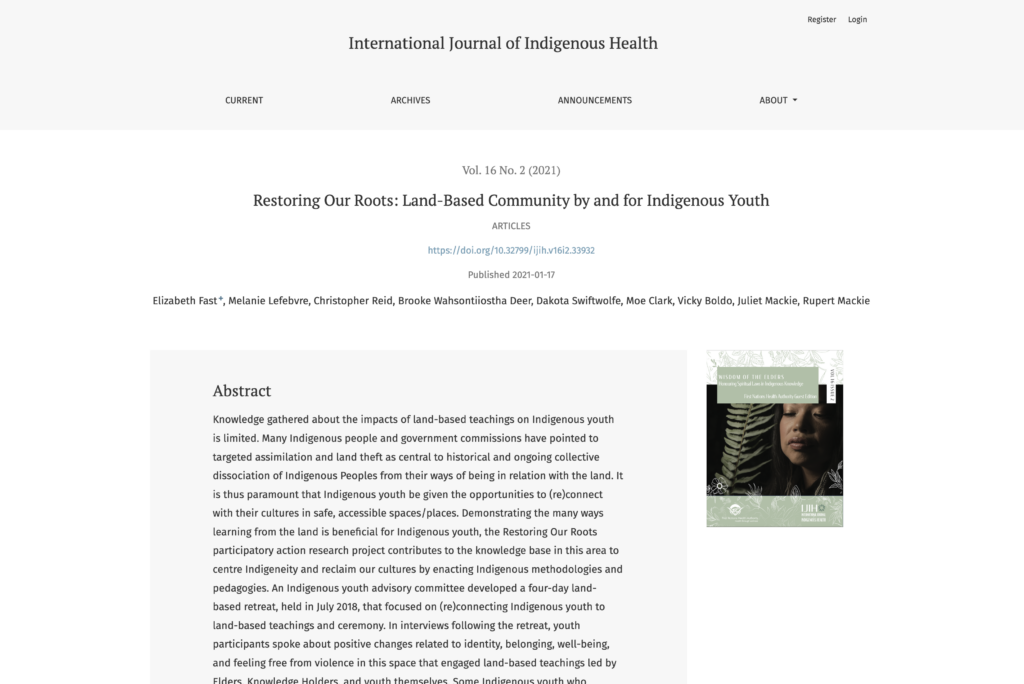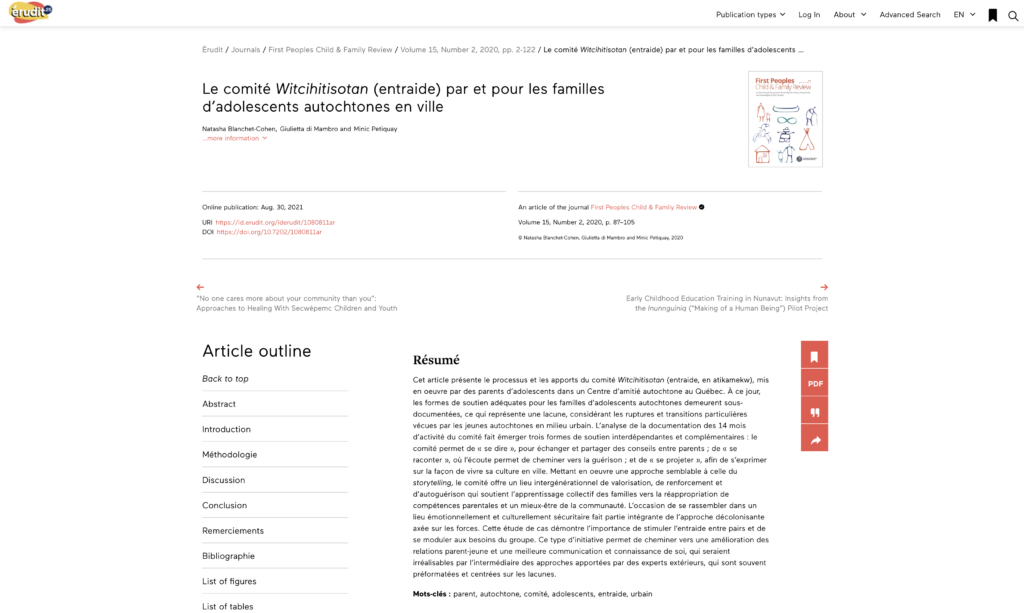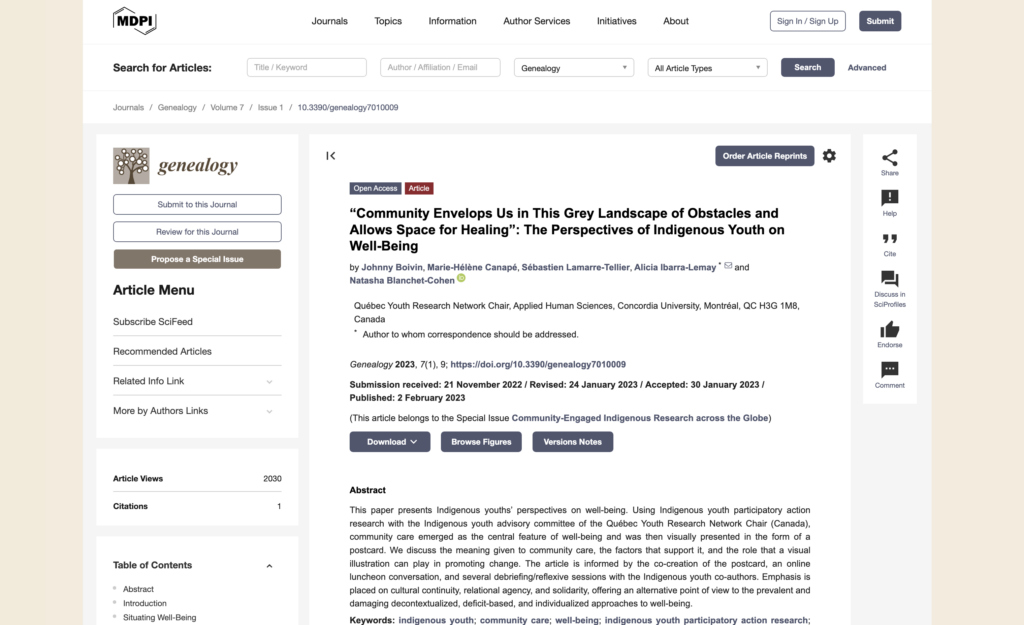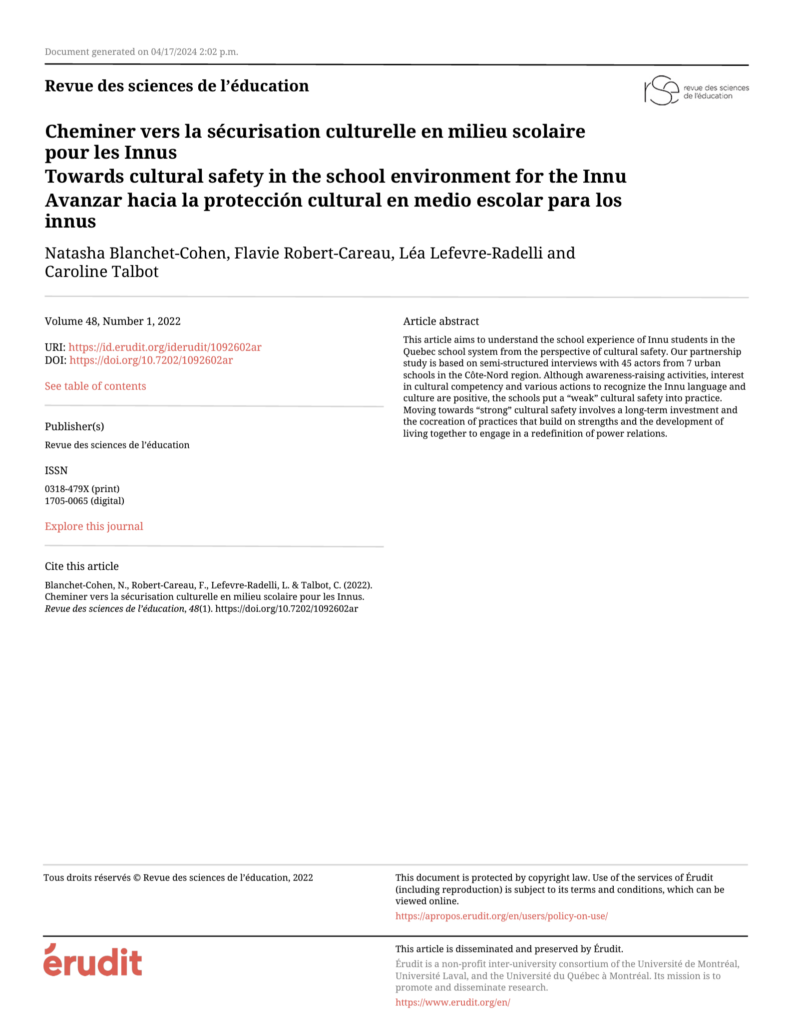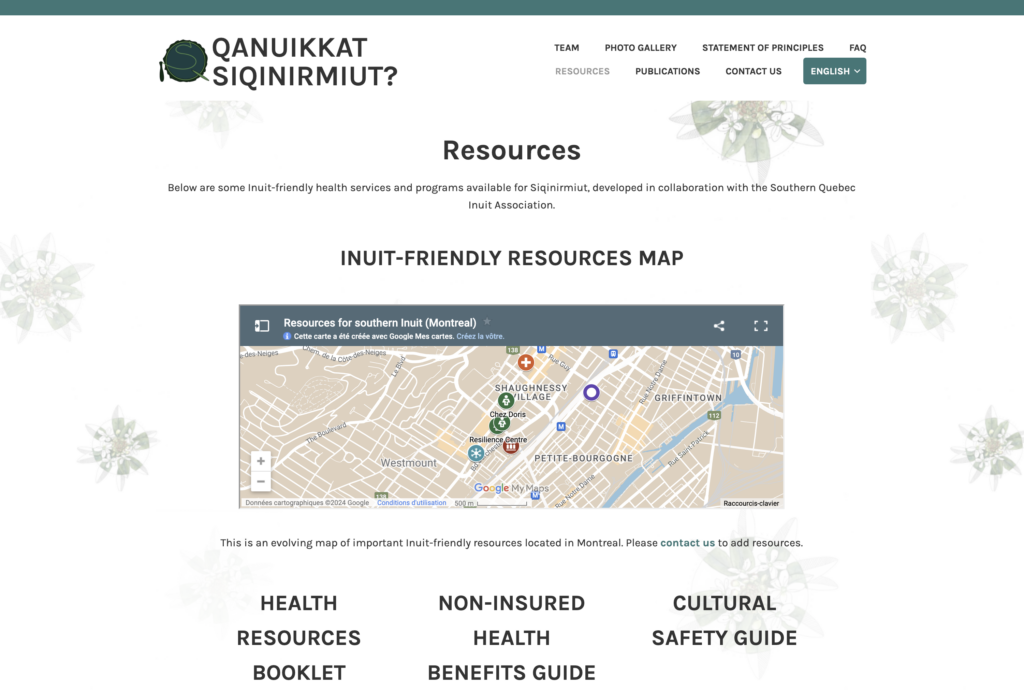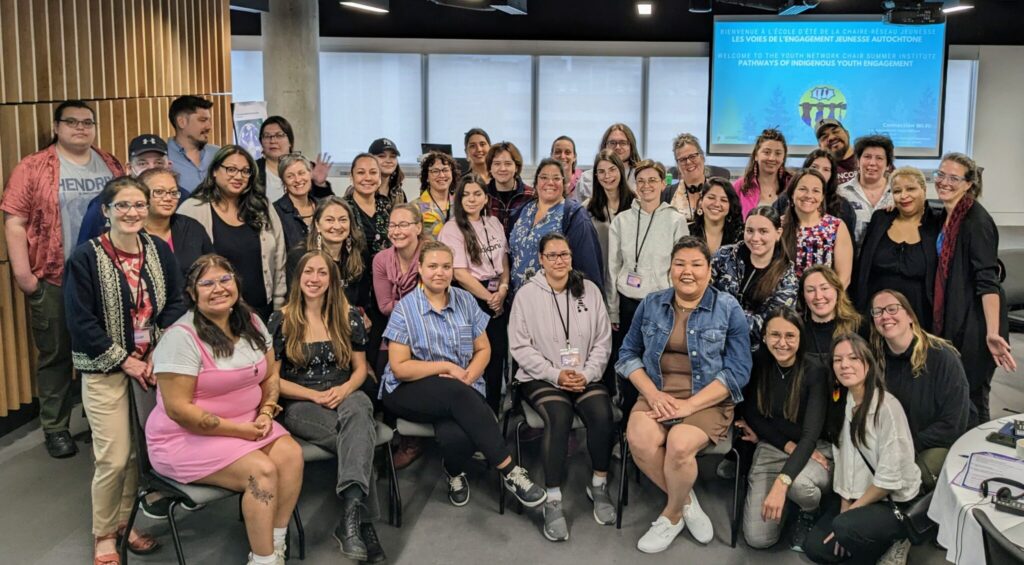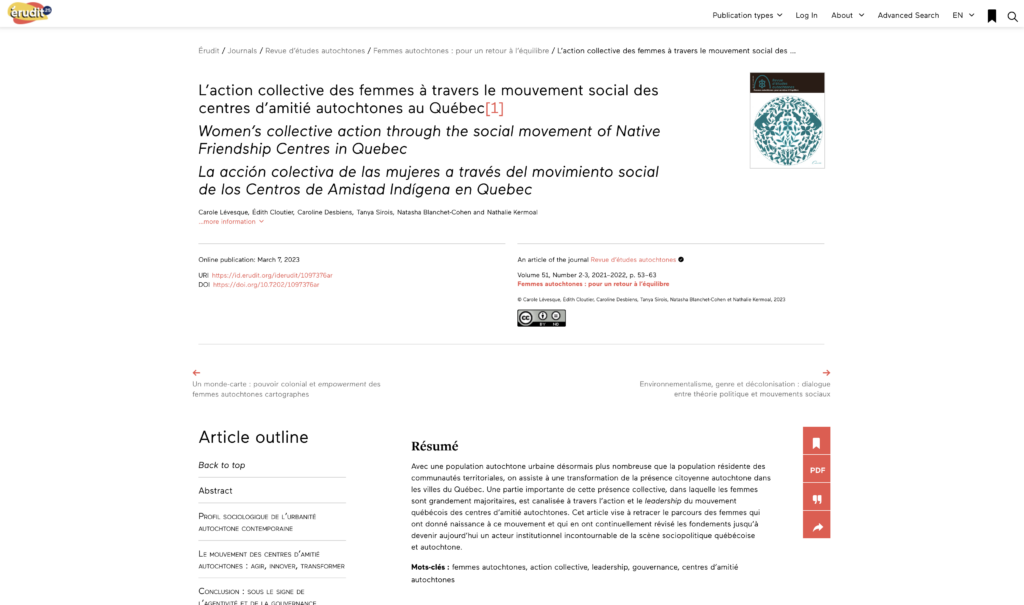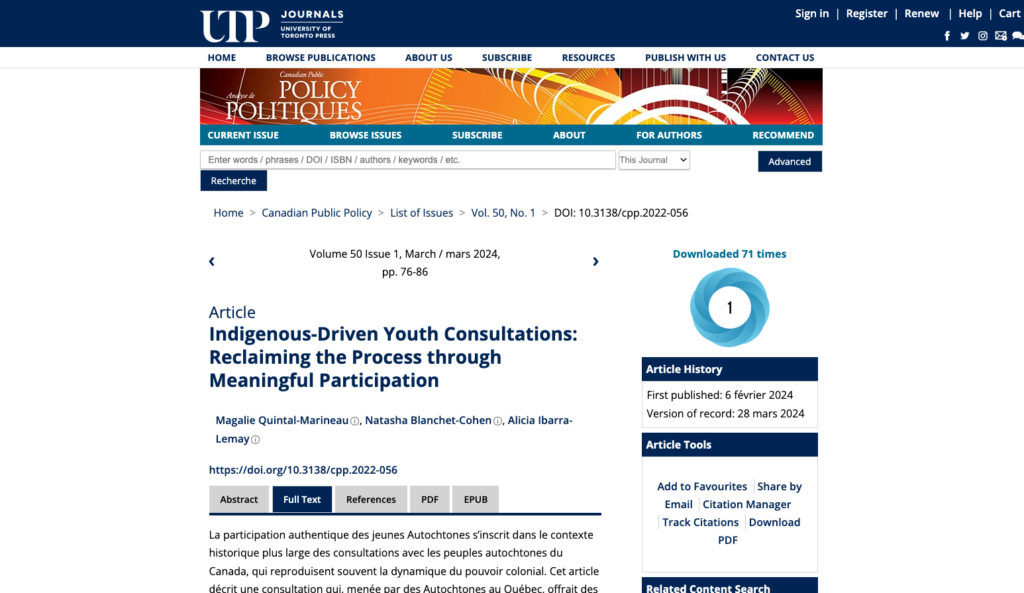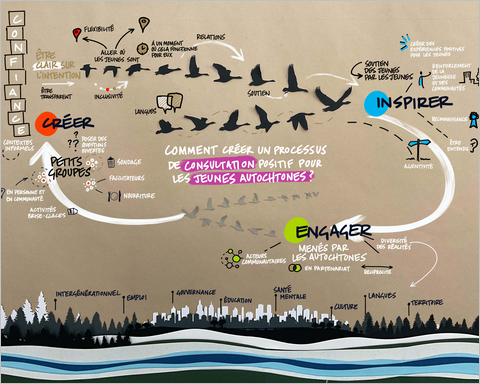Notice bibliographique
Kaltsidis, G., Grenier, G., Cao, Z., Bertrand, K. et Fleury, M. J. (2022). Predictors of change in housing status over 12 months among individuals using emergency shelters, temporary housing or permanent housing in Quebec, Canada. Health and Social Care in the Community, 30(2), 661-643.
Résumé
Homelessness is an ongoing societal and public health problem in Canada and other countries. Housing services help homeless individuals along the transition towards stable housing, yet few studies have assessed factors that predict change in individual housing trajectories. This study identified predictors of change in housing status over 12 months for a sample of 270 currently or formerly homeless individuals using emergency shelters, temporary housing (TH) or permanent housing (PH) resources in Quebec. Participants recruited from 27 community or public organisations were interviewed between January and September 2017, and again 12 months later. Sociodemographic variables, housing history, health conditions, service use and client satisfaction were measured. Directors and programme coordinators from the selected organisations also completed a baseline questionnaire measuring strictness in residential codes of living/conduct, interorganisational collaboration and overall budget. Independent variables were organised into predisposing, enabling and needs factors, based on the Gelberg-Andersen Behavioral Model. Multilevel logistic regressions were used to test associations with the dependent variable: change in housing status over 12 months, whether positive (e.g. shelter to TH) or negative (e.g. PH to shelter). Predictors of positive change in housing status were as follows: residing in PH, being female, having children (predisposing factors); having consulted a psychologist, higher frequency in use of public ambulatory services (enabling factors); and not having physical illnesses (needs factor). The findings support strategies for helping this clientele obtain and maintain stable housing. They include deploying case managers to promote access to public ambulatory services, mainly among men or individuals without children who are less likely to seek help; greater use of primary care mental health teams; the establishment of more suitable housing for accommodating physical health problems; and reinforcing access to subsidised PH programmes.
Hyperlien
https://doi.org/10.1111/hsc.13168Publication du membre
Karine BertrandAppartenance aux volets













